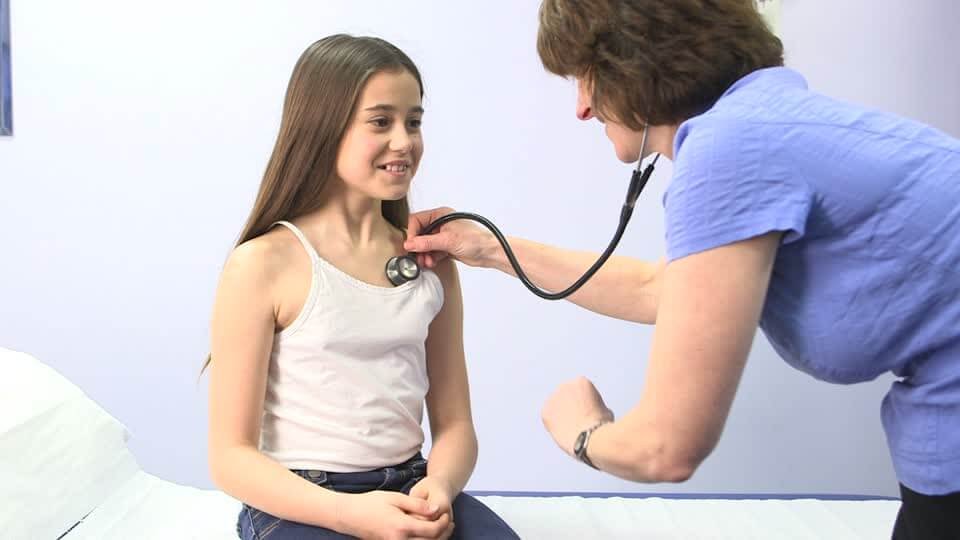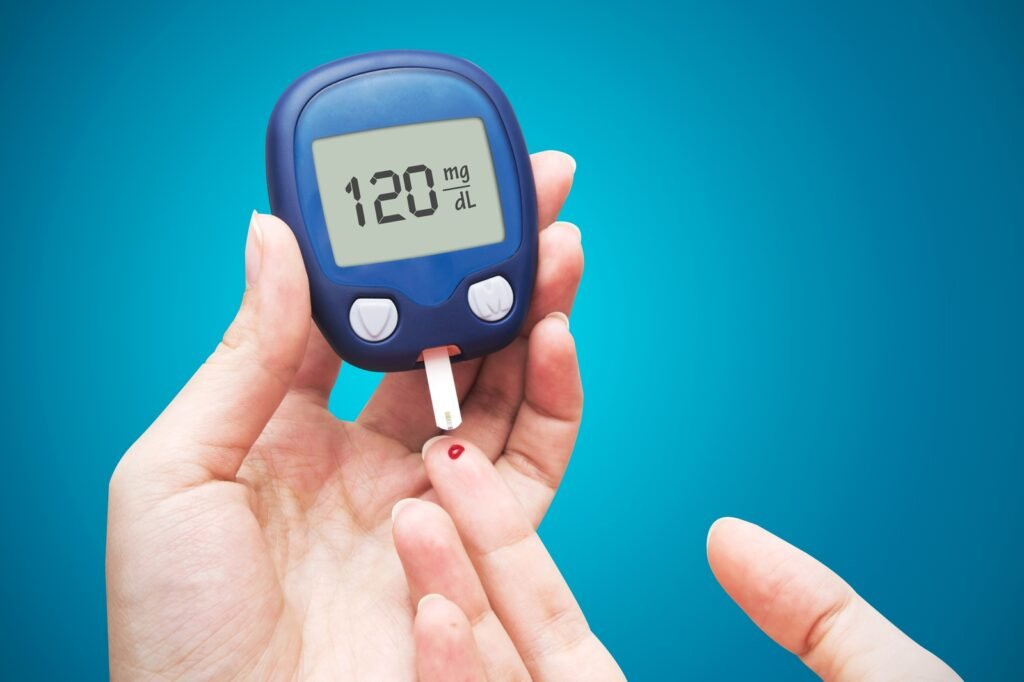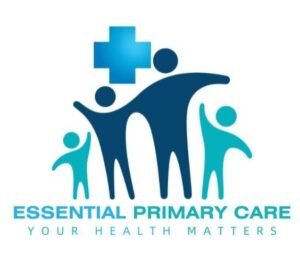



My draw to family medicine in general, and FQHCs in particular, is the potential for community change.
MD, and his dedicated team offer women’s health services, including Pap smears and clinical breast exams, to protect your reproductive and whole-body health now and in the future.
About 15% of men 18 and up have fair or poor health today. However, many common men’s health issues, like Type 2 diabetes and hypertension, are avoidable.
Less than 25% of people with hypertension (high blood pressure) have the issue under control.
Acute Illnesses
What are acute illnesses?
Acute illnesses are those that happen suddenly. Generally, acute illnesses have one specific cause, although multiple factors can contribute.
Acute illness symptoms can be quite intense, but fortunately, they typically don’t linger. In contrast, chronic illnesses last for longer than six months. In some cases, acute illness can turn into chronic illness over time.
What are the symptoms of acute illnesses?
Each illness can have different symptoms, but some problems to look for include:
- Nausea
- Vomiting
- Cough
- Runny nose
- Nasal congestion
- Sore throat
- Ear pain
- Constipation
- Diarrhea
- Body aches
- Pain during urination
- Stomach pain
- Blood in urine

Hypertension Management
What is hypertension?
Hypertension, or high blood pressure, is a serious cardiovascular issue in which your blood moves against your artery walls with excessive force for a long period of time. Eventually, untreated hypertension can harm your blood vessels and greatly raise your risk of heart attack, stroke, and other severe complications.
If you’re diagnosed with hypertension, you can control the condition and prevent serious complications through hypertension management
What does hypertension management include?
Hypertension management includes a variety of strategies and treatments that can help you achieve healthy blood pressure levels and good whole-body health. The specific approach to hypertension management depends on how high your blood pressure is, whether hypertension has already triggered health problems, your overall physical health, and other factors.
In most cases, hypertension management involves lifestyle changes, such as:
- Weight loss
- Exercise
- Heart-healthy diet
- Avoiding alcohol
- Daily blood pressure monitoring at home
For many people, lifestyle changes are enough to control blood pressure. In some cases, however, you could need medication. Most people who need hypertension medication get the best results from a combination of at least two drugs.
Even if you’re taking medication, it’s important to maintain your healthy lifestyle changes.
some problems to look for include:
- Nausea
- Vomiting
- Cough
- Runny nose
- Nasal congestion
- Sore throat
- Ear pain
- Constipation
- Diarrhea
- Body aches
- Pain during urination
- Stomach pain
- Blood in urine

Women's Health
What is women’s health care?
Women’s health care is a group of services geared toward women’s wellness, just as men’s health care focuses on problems unique to men. Although women’s health exams generally focus on reproductive health. in which your blood moves against your artery walls with excessive force for a long period of time. Eventually, untreated hypertension can harm your blood vessels and greatly raise your risk of heart attack, stroke, and other severe complications.
If you’re diagnosed with hypertension, you can control the condition and prevent serious complications through hypertension management
When do I need women’s health care?
Taiwo Olusola, recommends women’s health exams for all girls and women, starting at around the age of 12.
Most women need annual exams, but you may need additional visits for acute illnesses, minor surgeries, diabetes management, hypertension management, or other care if you have an acute or chronic problem.
What are some common women’s health issues?
Many of the most common women’s health issues are reproductive system conditions and diseases, including:
- Human papillomavirus (HPV)
- Breast cancer
- Cervical cancer
- Ovarian cancer
- Endometriosis
- Uterine fibroids
These are just a few of the reproductive health concerns women may face today. Many women are also at risk for chronic conditions like diabetes and hypertension.

Physical Exams
An annual physical exam is a critical part of maintaining your well-being. A physical exam, you get the assurance that you’re optimizing your health. A physical exam can also identify any possible concerns early when easiest to treat. Call today to schedule your physical exam or use the online tool to book an appointment.It’s an opportunity to meet with your provider before you’re sick or injured and allow them to evaluate your overall wellness.
They can also identify any potential risk factors, like elevated blood sugar or high blood pressure, indicating a future health problem.
A physical exam is also a time that your healthcare team advises you on routine screenings, like cholesterol tests, mammograms, or colonoscopies. These screenings detect issues that could cause considerable damage in the future if not treated early.

Minor Surgeries
When you need a minor procedure like boil drainage, laceration repair, or skin tag removal, you don’t want to spend hours waiting in an uncomfortable hospital or medical facility.
and his skilled team provide comprehensive care for all. The same caring team that handles your acute illnesses, injuries, and chronic diseases is also here to perform minor surgeries in the office for your convenience. Book your appointment online or call the office today.
What are minor surgeries?
Minor surgeries include a large group of procedures that require only small incisions, minimal tissue damage, and local anesthesia.
What kind of minor surgeries are available in the office?
- Boil (pus-filled bump) drainage
- Laceration repair
- Skin tag removal
- Ingrown toenail removal
- Cyst drainage
If you have a problem that’s irritating or uncomfortable, a minor surgery in the office can relieve your symptoms quickly. The providers are highly trained professionals who can expertly perform surgery in a way that leaves little-to-no scarring afterward.

Men's Health
About 15% of men 18 and up have fair or poor health today. However, many common men’s health issues, like Type 2 diabetes and hypertension, are avoidable.If you’re in good overall health and you’re managing any chronic conditions well, you may need only a once-a-year men’s wellness checkup to stay healthy. But if you have new symptoms, such as chest pain or shortness of breath, it’s best to schedule an appointment quickly.
In general, annual exams can catch problems before they cause symptoms, while acute illness visits can deal with the unexpected problems that may occur.
men’s health experts understands the health challenges that men face today. They’re here to help you be your best both mentally and physically. To accomplish this goal, the team offers a variety of care including:
- Annual physicals
- Treatment of acute illnesses
- Minor surgeries
- Lab testing
- Cardiovascular testing
- Hypertension management
- Diabetes management
If you have health concerns of any type, the team is happy to discuss them with you. All of your information remains private, and the team has extensive experience in dealing with all types of issues that men face today, so don’t hesitate to speak honestly.
Studies show that men are, as a group, less likely to see the doctor when they’re sick. Unfortunately, this reluctance to seek medical care may at least partially explain why men die from treatable conditions more often than women.

Family Medicine
Family medicine and family practice used to be considered 2 different sides of the same coin. Family medicine was the academic discipline, the research and teaching. Family practice was what one did in offices and hospitals, the daily work of attending to patients. For marketing and political reasons, more than anything else, “practice” was dropped and the work of family physicians was subsumed under family medicine. Yet I consider my work still a practice. It is a studied practice, one with knowledge and skills and scientific acumen. It is also a practice of faith.
The faith I refer to is not some dogmatic adherence to a set of beliefs or unquestioning surrender to someone else’s authority, both of which seem to have created “turf” mentalities that divide people. It is a faith that by being open to patients as people in the context of medical encounters, something more therapeutic happens than is possible when strictly biomedical necessities are attended to. There exists a shared sense of possibility, a shared potential, and a shared understanding that leads us to go forward even when life is difficult or uncertain. It is a practiced faith in that, as a family physician, I must constantly be aware of looking for that potential, wherever it may exist in context of my patients’ lives. It is a practiced faith, too, in that this abiding understanding helps support me in a work that is often challenging and occasionally baffling.

Diabetes Management
About one-tenth of all Americans have diabetes today. Diabetes can shorten your life by more than a decade if you don’t protect your health, but fortunately, you can take some simple steps to manage your diabetes and remain healthy. As well, the team may recommend some of these diabetes management strategies if you have prediabetes, in which you have elevated blood sugar but don’t actually have diabetes. Prediabetes can progress to full-blown Type 2 diabetes, but good diabetes management can stop that from happening. For diabetes management from caring experts.
What is diabetes management?
Diabetes management refers to education, counseling, and treatments for Type 1 and Type 2 diabetes. Diabetes is a chronic disease, which means you’ll have it for the rest of your life.
Keep in mind, however, that having diabetes doesn’t have to mean being sick constantly. With expert diabetes management, you can control your blood sugar and minimize the risk of complications such as nerve damage and cardiovascular disease.
When do I need diabetes management?
If you have diabetes, you need diabetes management on a regular basis. This includes physical exams every 3-6 months, in most cases.
If you’re newly diagnosed with diabetes, you need to start a diabetes management plan immediately. Diabetes management is all about improving and preserving your health, so the sooner you start, the better.
What does diabetes management include?
Diabetes management includes all of the diabetes care you need, starting from the time of your diagnosis. The Del Sol Centro Medico Familiar PLLC team customizes your diabetes management plan based on your health needs and symptoms. Some common aspects of diabetes management include:

